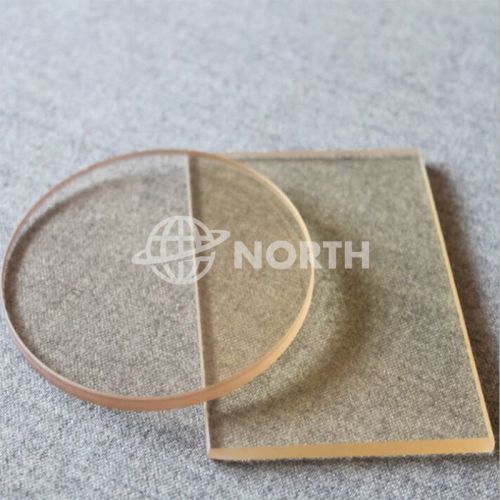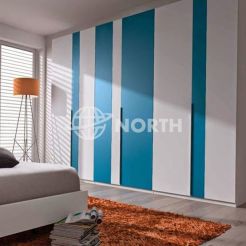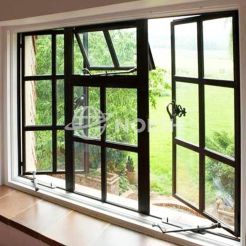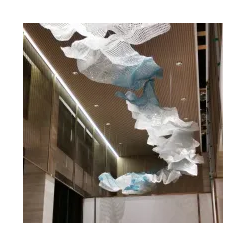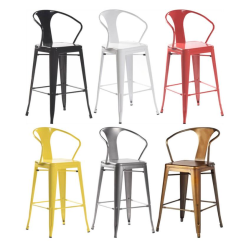wholesale glass sheets
Product Description
Ceramic Glass Manufacturer
Ceramic glass also called as fire proof ceramic glass, a special crystalline material with fascinating properties produced through controlled crystallization of base glass and has the fabrication advantage of glass as well special properties of ceramics. It is an extremely heat resistant glass. It is a mechanically strong material and can sustain repeated and quick temperature changes up to 660-850 degree centigrade. It is widely used for fireplace,micro oven screen, induction cooker.
Advantages of ceramic glass (glass-ceramic) include:
Thermal Shock Resistance: Ceramic glass can withstand rapid temperature changes without breaking, making it ideal for applications exposed to extreme heat or frequent temperature fluctuations.
High Temperature Resistance: It can endure extremely high temperatures without melting or deforming, making it suitable for environments where ordinary glass would fail.
Transparency: Like traditional glass, ceramic glass can be transparent, allowing for visibility while maintaining its durability and heat resistance.
Mechanical Strength: Ceramic glass has good mechanical strength, making it resistant to impact and mechanical stress.
Electrical Insulation: It is an excellent electrical insulator, making it useful for applications involving electrical components that require both transparency and insulation.
Durability: Ceramic glass is highly durable and resistant to wear and tear, making it suitable for long-lasting applications.
Chemical Resistance: It is often resistant to chemical corrosion, adding to its suitability for use in laboratory equipment and industrial settings.
Customizable Properties: Manufacturers can tailor the composition and properties of ceramic glass to meet specific application requirements.
Safety: In applications like fireplace doors, ceramic glass provides a safe barrier, preventing sparks and heat from escaping while allowing for a clear view of the fire.
Energy Efficiency: The high temperature resistance of ceramic glass can improve energy efficiency in appliances like wood-burning stoves and ovens by retaining heat within the appliance.
Versatility: Ceramic glass is versatile and finds use in various industries, including cooking appliances, industrial furnaces, laboratory equipment, and more.
Longevity: Its ability to withstand high temperatures, thermal shocks, and mechanical stress contributes to its longevity, reducing the need for frequent replacements.
Safety in High-Temperature Environments: In industrial and laboratory settings, ceramic glass provides a transparent barrier to observe high-temperature processes safely.
Low Expansion: Some types of ceramic glass have a low coefficient of thermal expansion, which means they expand or contract minimally with temperature changes, reducing the risk of cracking.
Electromagnetic Compatibility: Ceramic glass is often compatible with electronic and electrical components, making it suitable for enclosures and windows in these applications.
Aesthetic Appeal: In addition to its practical benefits, ceramic glass can also be visually appealing when used for decorative purposes or in architectural applications.
